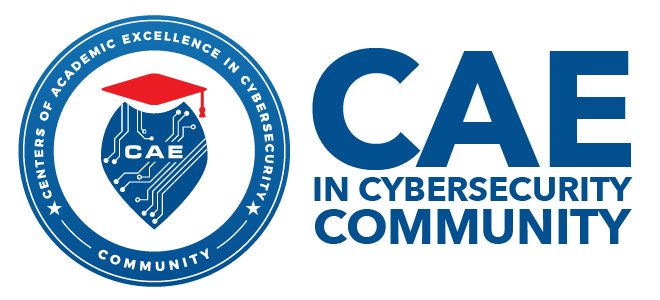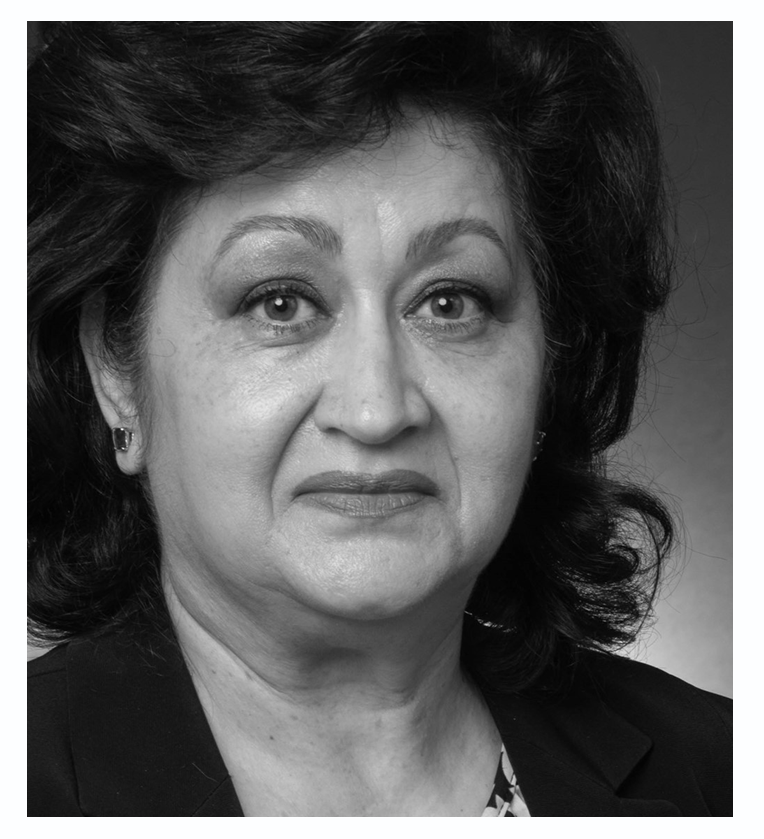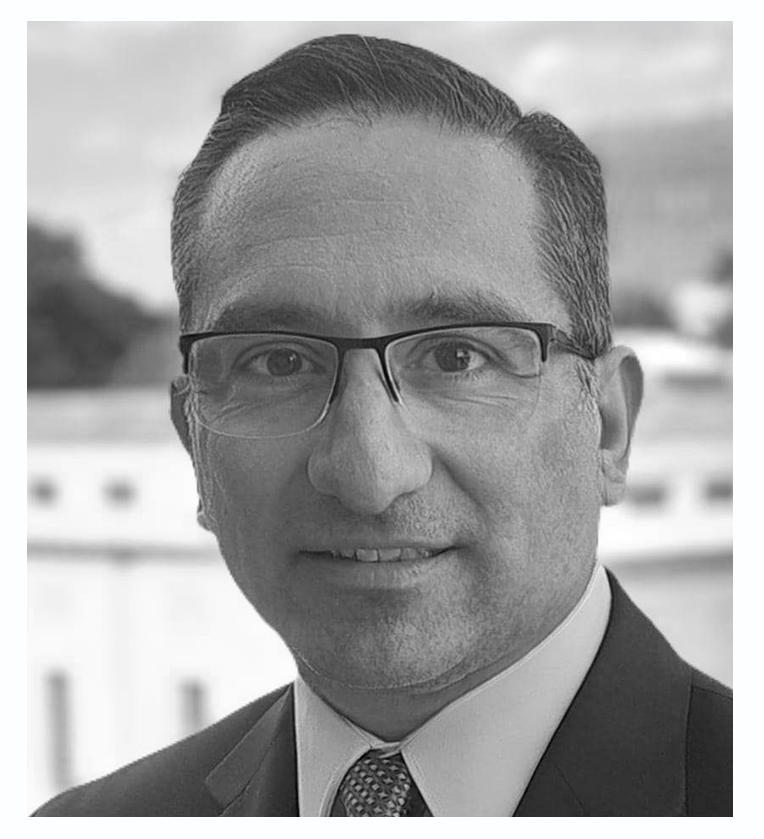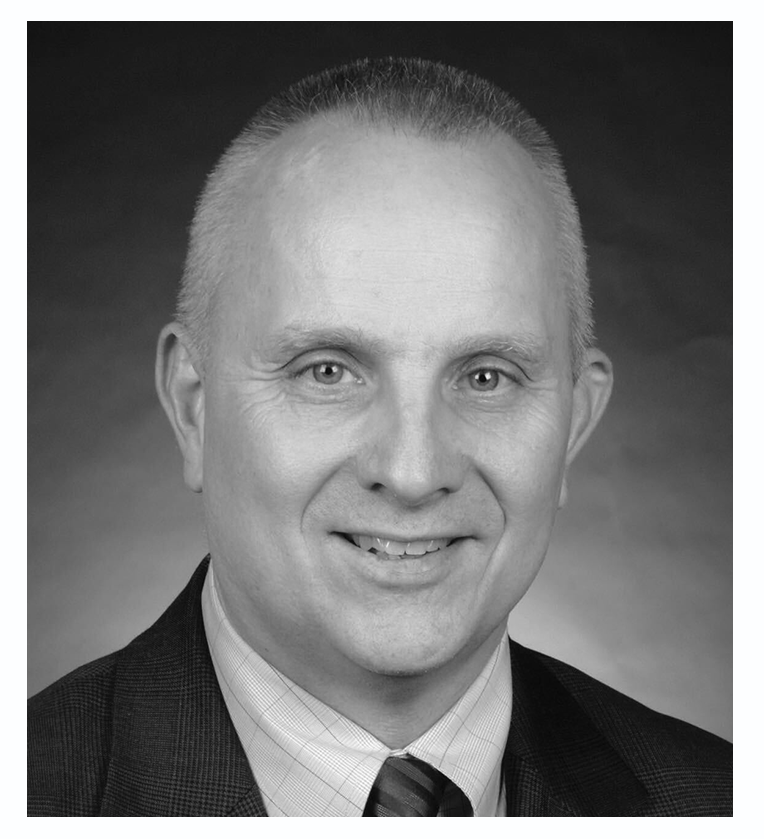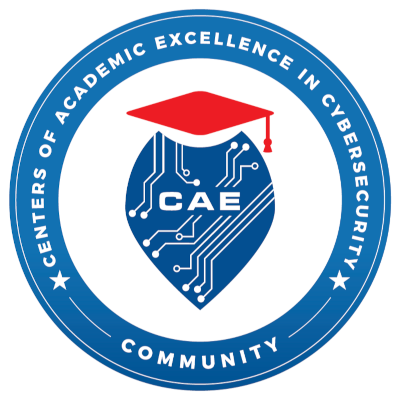2023 CAE in Cybersecurity Annual Symposium


Agenda
Pre-RegistrationWednesday, June 7, 2023 |
|
02:00 - 07:30 pm |
02:00
-
07:30 pm
Early Registration
Grand Foyer
|
04:00 - 05:00 pm |
04:00
-
05:00 pm
Designation Ceremony
Grand Ballroom II & III
|
05:00 - 07:00 pm |
05:00
-
07:00 pm
CAE-C Community Mixer
Grand Foyer
|
Event Day 1Thursday, June 8, 2023 |
|
07:00 - 07:50 am |
07:00
-
07:50 am
Registration Opens
Grand Foyer
|
08:00 - 08:15 am |
08:00
-
08:15 am
Welcome & Logistics
Grand Ballroom II & III
|
08:15 - 09:45 am |
08:15
-
09:45 am
PMO & Government Updates
Grand Ballroom II & III
|
10:00 - 10:40 am |
10:00
-
10:40 am
NCAE-C National Centers Updates:
Grand Ballroom II & III
|
10:40 - 11:00 am |
10:40
-
11:00 am
NICE Challenge Project
Grand Ballroom II & III
|
11:00 - 11:30 am |
11:00
-
11:30 am
NCAE Competitions
Grand Ballroom II & III
|
11:30 - 12:00 pm |
11:30
-
12:00 pm
Working Lunch
Grand Ballroom II & III
|
12:00 - 12:45 pm |
12:00
-
12:45 pm
CAE-CD Presentations
Grand Ballroom II & III
|
01:00 - 02:45 pm |
01:00
-
02:45 pm
|
01:00 - 02:45 pm |
01:00
-
02:45 pm
|
01:00 - 02:45 pm |
01:00
-
02:45 pm
CAE-CO Cyber Operations
Grand Crescent
|
03:00 - 04:30 pm |
03:00
-
04:30 pm
|
03:00 - 04:30 pm |
03:00
-
04:30 pm
|
03:00 - 04:00 pm |
03:00
-
04:00 pm
CAE-CO Cyber Operations
Grand Crescent
|
04:35 - 05:00 pm |
04:35
-
05:00 pm
Closing Discussions
Grand Ballroom II & III
|
05:00 - 07:00 pm |
05:00
-
07:00 pm
Sponsor Reception
Grand Foyer
|
05:30 - 06:30 pm |
05:30
-
06:30 pm
Cyberbit
Fifth Avenue
|
Event Day 2Friday, June 9, 2023 |
|
07:50 - 08:00 am |
07:50
-
08:00 am
Wake up Call
Grand Ballroom II & III
|
08:00 - 08:30 am |
08:00
-
08:30 am
Working Breakfast
Grand Ballroom II & III
|
08:30 - 08:40 am |
08:30
-
08:40 am
CARD and CLARK
Grand Ballroom II & III
|
08:40 - 09:15 am |
08:40
-
09:15 am
Keynote ONCD
Grand Ballroom II & III
|
09:15 - 10:00 am |
09:15
-
10:00 am
CAE Community
Grand Ballroom II & III
|
10:15 - 10:55 am |
10:15
-
10:55 am
CAE-R INSuRe Faculty Panel
Fifth Avenue
|
10:15 - 11:15 am |
10:15
-
11:15 am
CAE-CD Presentations
Grand Ballroom II & III
|
11:00 - 11:45 am |
11:00
-
11:45 am
CAE-R Cyber Research
Fifth Avenue
|
11:15 - 11:55 am |
11:15
-
11:55 am
CAE-CD Panel Discussion
Grand Ballroom II & III
|
12:00 - 01:00 pm |
12:00
-
01:00 pm
Dismissal / Closing Remarks
Grand Ballroom II & III
|
Presentation Schedule
CAE-CD Schedule
12:00- 12:45 pm |
12:00- 12:45 pm
|
CAE-CD Schedule
01:00- 02:00 pm
|
01:00- 02:00 pm
|
||||
02:00- 02:45 pm
|
02:00- 02:45 pm
|
01:00- 02:00 pm
|
01:00- 02:00 pm
|
||||
02:00- 02:45 pm
|
02:00- 02:45 pm
|
01:00- 02:00 pm
|
01:00- 02:00 pm
|
||||
02:00- 02:45 pm
|
02:00- 02:45 pm
|
01:00- 02:00 pm
|
01:00- 02:00 pm
|
||||
02:00- 02:45 pm
|
02:00- 02:45 pm
|
01:00- 02:00 pm
|
01:00- 02:00 pm
|
|||
02:00- 02:45 pm
|
02:00- 02:45 pm
|
CAE-CD Schedule
03:00- 04:00 pm
|
03:00- 04:00 pm
|
03:00- 04:00 pm
|
03:00- 04:00 pm
|
|||
04:00- 04:30 pm
|
04:00- 04:30 pm
|
03:00- 04:00 pm
|
03:00- 04:00 pm
|
||||
04:00- 04:30 pm
|
04:00- 04:30 pm
|
03:00- 04:00 pm
|
03:00- 04:00 pm
|
03:00- 04:00 pm
|
03:00- 04:00 pm
|
|||
04:00- 04:30 pm
|
04:00- 04:30 pm
|
03:00- 04:00 pm
|
03:00- 04:00 pm
|
||||
04:00- 04:30 pm
|
04:00- 04:30 pm
|
CAE-CD Schedule
10:15- 11:15 am |
10:15- 11:15 am
|
|||
11:15- 12:00 pm |
11:15- 12:00 pm
|
CAE-R Schedule
10:15- 10:55 am |
10:15- 10:55 am
|
|
11:00- 11:45 am |
11:00- 11:45 am
|
Sponsored by:
